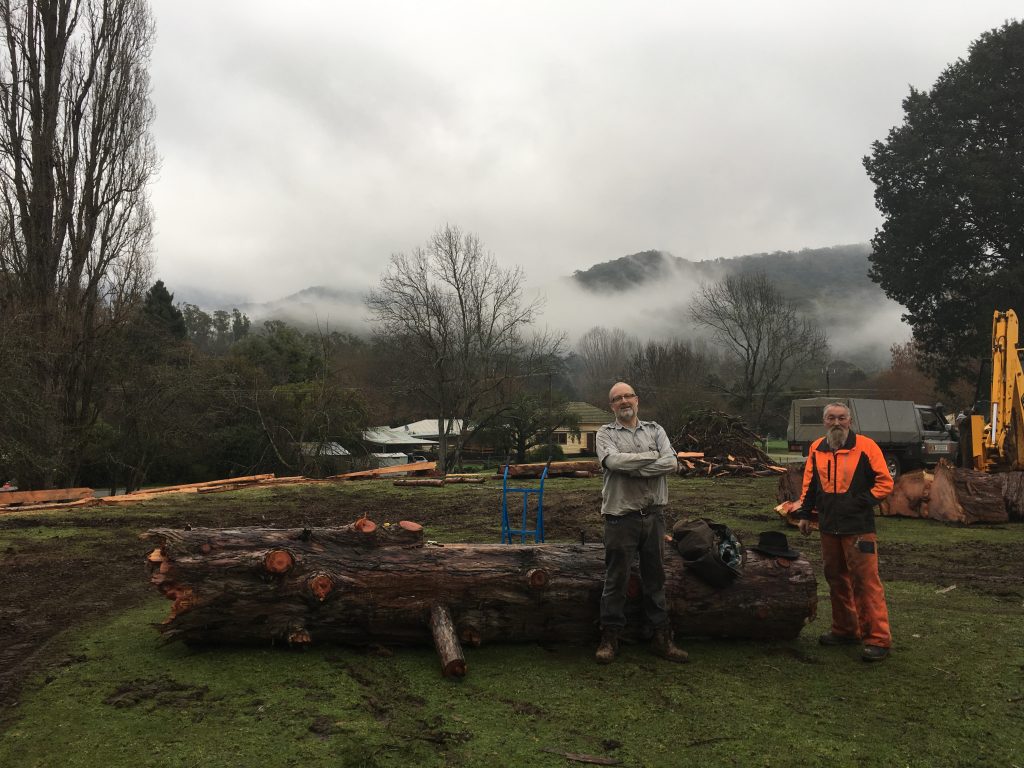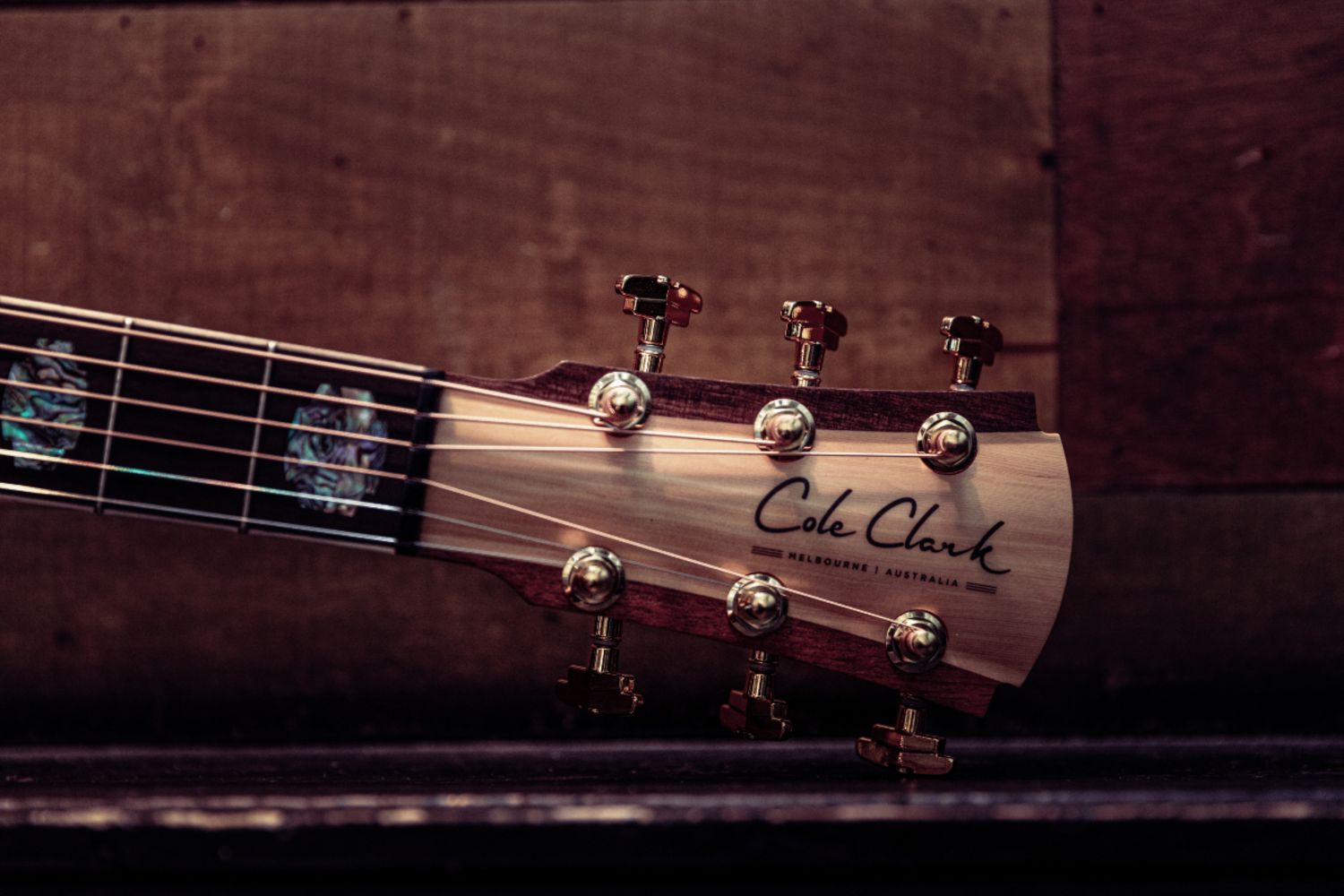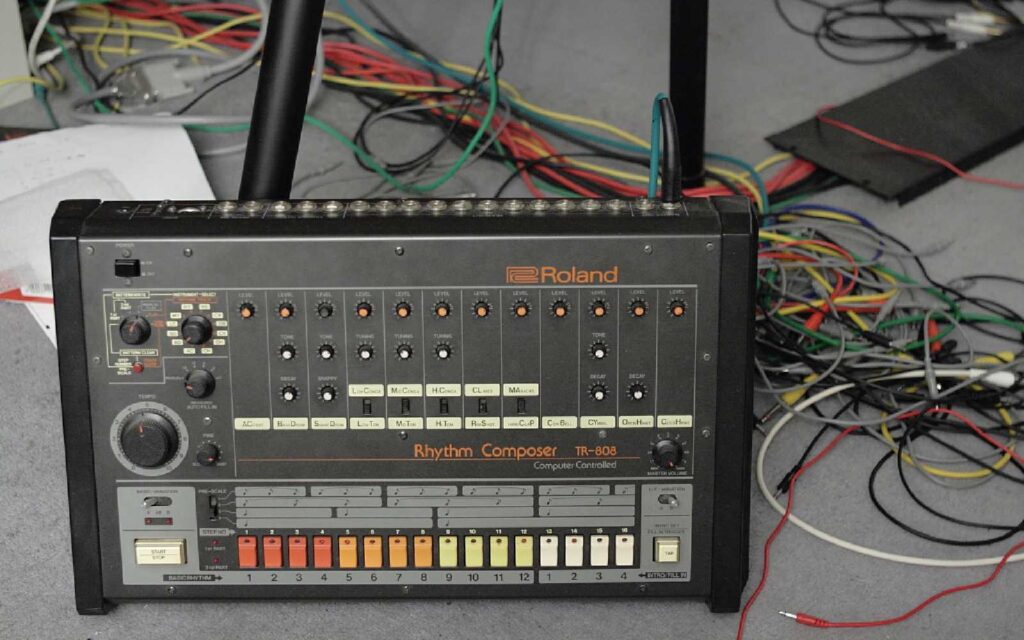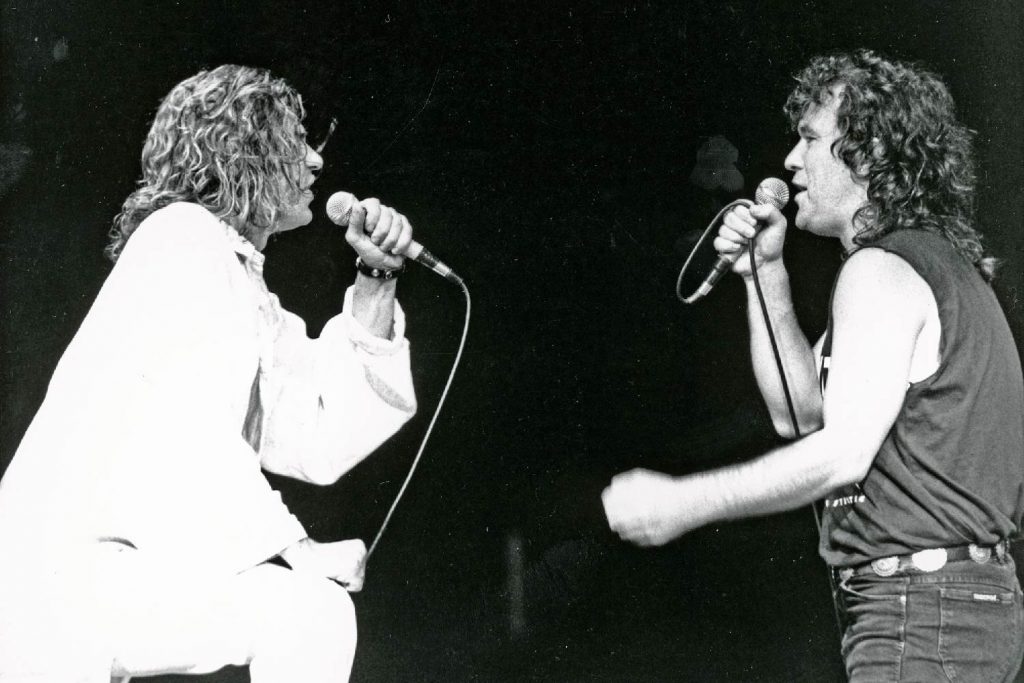Including why certain brands used specific tonewoods.
Ask anyone who knows a thing or two about quality Australian acoustic guitars and you’ll almost certainly hear the name Cole Clark mentioned. Over the last 20 years, the Melbourne-based company have garnered a formidable reputation for their visionary approach towards crafting acoustic guitars, as well as for their environmentally-mindful ethos.
I sat down to chat over the phone with Miles Jackson – CEO and founding member of Cole Clark – as we discussed tonewoods, the environment, pickups and much more.
Read up on all the latest interviews, features and columns here.
“We started the company back in 2001”, Miles explains, “and we’re just about to turn 20. Most other acoustic guitar companies are old – Martin was founded in 1833, Maton is 70 or 80 years old, so we’re really young at 20.”
Being a relatively new business, it’s clear that it was never the intention of those in charge at Cole Clark to produce replicas of other companies’ acoustics. Instead, they developed a distinctive vision that encompasses a wholly original approach to making guitars and basses: a vision that is centred on their use of sustainable Australian tonewoods. I’m curious to know what this exactly brings to the table when talking about not only the instrument itself, but also the environment. Miles backs up a bit, and makes an intriguing point about how some of the most famous guitar tonewoods came to be famous in the first place.
“The woods that have been used throughout history are woods that are available. And within the woods that are available, some have made it through because they’re very good. For instance, Adirondack spruce, which is the very famous spruce used by Martin from the Adirondack mountains. Those mountains are the closest high-altitude mountains near Martin, so that was why they used it. They didn’t try every spruce in the world, but that one happened to sound really good. And it does, it sounds fantastic!
“And Fender went down to their local lumberyard and asked ‘what’s readily available that’s easy to work with, and has the right density?’ and the lumberjack would say ‘alder.’”
Miles goes on to describe the origins of rosewood, and how it came to be such a popular tonewood for acoustic and electric instruments alike.
“Lisbon was decimated by an earthquake in the mid-1750s, and they needed wood to rebuild the city. The Portuguese were in South America at the time and they just brought in a lot of the timber that they harvested in the Amazon, which happened to be rosewood. Then the guitar makers looked at all the woods they brought in, saw the rosewood and thought: ‘that seems to work alright!’”
The problem with a timber such as rosewood, for instance, is that it’s widely regarded as endangered. While CITES’ (the Convention on International Trade in Endangered Species of Wild Fauna and Flora) official position on the status of certain rosewoods has wavered over the past few years, the powers that be at Cole Clark guitars have largely eschewed using the timber altogether.
As it stands, rosewood counts for a mere one percent of Cole Clark back and sides and two percent of fretboards. Which begs the question: what timbers do CC predominantly rely on?
“Blackwood is our biggest selling back-and-side timber, and our biggest selling top timber. Normally with an acoustic guitar, to have the biggest acoustic guitar sound you need to have a softer top and a denser back and sides.
“Traditionally people use a spruce top, or a cedar top with either rosewood and mahogany back and sides, or maple – they’re the most commonly used back/side/top timbers among other makers. At Cole Clark we use bunya, which is very similar to spruce in its density and hardness. In a stiffer timber we use blackwood tops, and in the less stiff timbers we use Californian redwood grown as an ornamental tree in Australia. These have been falling over and dying, so we go along and pick them up.”

If you’ve heard a Cole Clark guitar played live, you’ll know just how rounded they sound while amplified. But just how much does the choice of tonewood dictate the ‘openness’ of an acoustic guitar that’s plugged into an amp?
“When you plug a guitar in,” Miles explains, “you want less openness to tame. Cause if you have a really open guitar, with extended bottom-end, trying to tame that can be very difficult. So the amplified sound is not that great.
“There are some top quality guitars out there that sound great in the lounge room because you’ve got this bottom-end rattling against you, which feels really nice, but it doesn’t sound great in a studio. So we want a very even sound across the spectrum.”
We then move onto the topic of Cole Clark’s bespoke 3 way pickup, and the role it plays in bringing that even, equalised sound to their acoustics while plugged in.
“Sometimes people get sucked in by the volume of a guitar, but once you plug it in, it takes on a whole different personality. So we said to ourselves ‘let’s make a guitar with the best plugged-in sound available’. We invented a pickup – which we have the patent for – which is the best pickup on the planet, bar none. In acoustic guitars, most people just use a piezo pickup under the bridge saddle, and that pickup is great in the bottom end, but not so much for mid-range and high-end.
“So what we did was we invented a face sensor that gives you a natural sound in the mid-range and high-end without feeding back, and that kicks in at about 300-400 Hz. Then at 2.5kHz we have a microphone that comes in above the feedback zone, and it’s just giving you the super-high frequencies to get rid of the ‘quack’ of the piezo.”
It’s pretty rare to come across a company whose business model simultaneously revolves around environmental ethics, hard work and creativity. However, Cole Clark possess these traits in refreshing abundance, and this should make every Aussie acoustic aficionado extremely happy.
Check out Cole Clark’s range of excellent guitars online now.







